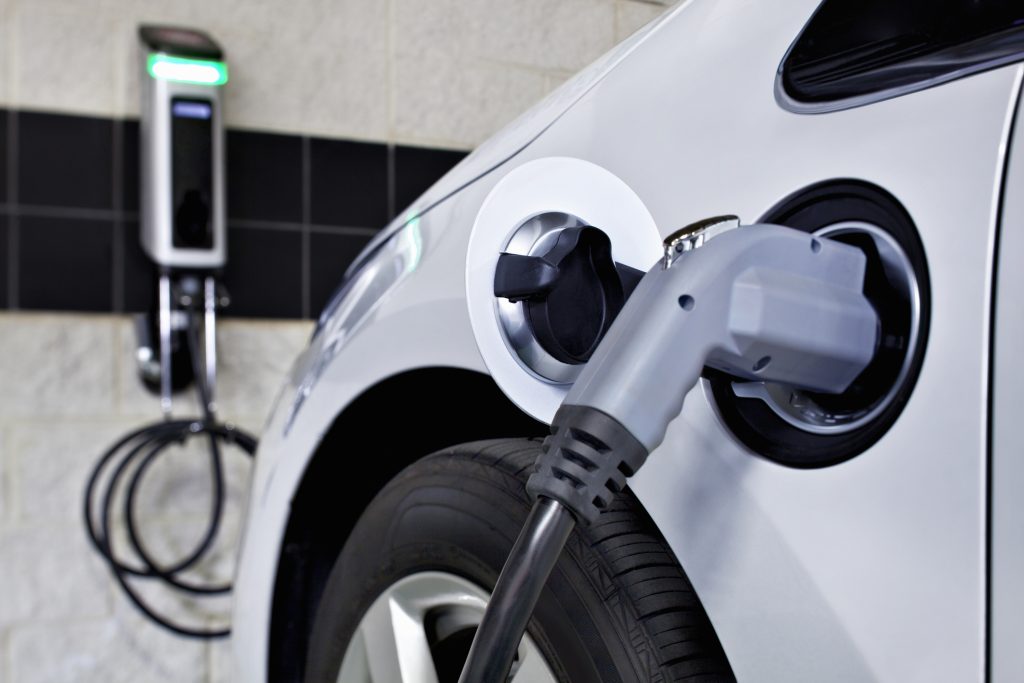The future will be electric for Brazil. Figures from the Brazilian Association of Electric Vehicles and recent studies indicate that electromobility is on its way to consolidate in the country over the next few years.
According to a report published by the consulting firm McKinsey & Company, 55% of new models manufactured in the Amazonian nation will be fully electric by 2040, with 20% of all cars in circulation being zero-emission and an economic potential of 340 billion Brazilian reais (R$).
The study “Sustainable Mobility in Brazil” was based on an interview with 3,000 people, most of them living in urban centers, aged between 30 and 49 years and with monthly incomes between R$ 4,000 and R$ 12,000. In the material, some relevant data show that the market seems to be on the right track, although some obstacles must be taken into account.
Related content: BorgWarner to Open Battery Factory in Brazil
Difficulties
According to the article, infrastructure and the price of cars are the biggest problems, but, for now, they do not take Brazilians’ minds off the fact that the future can be electrified.
At the current pace, everything indicates that with growth and consumer desire, the 2040 goal is possible. This, of course, will require investment. Based on the study, a 45% annual increase in terms of chargers and charging stations will be needed.
Among those surveyed, 44% are looking for a sustainable alternative for their commute (compared to 33% of the global average) and 24% consider themselves enthusiastic about emission-free mobility (compared to 18% of the global average). The next vehicle purchased will be sustainable for 26% of Brazilians, of whom 15% will opt for a battery electric car and 11% will prefer a hybrid car.
Government Support
The study also reveals that there are some triggers for the market to reach the margin of R$ 340 billion in revenues, such as some state incentives to partner with private sector movements.
Currently, there are already mechanisms in place, such as IPVA exemption, IPI (Industrialized Products Tax) rate reduction and even zero tax on imports, although the latter may change soon at the request of the automakers.




